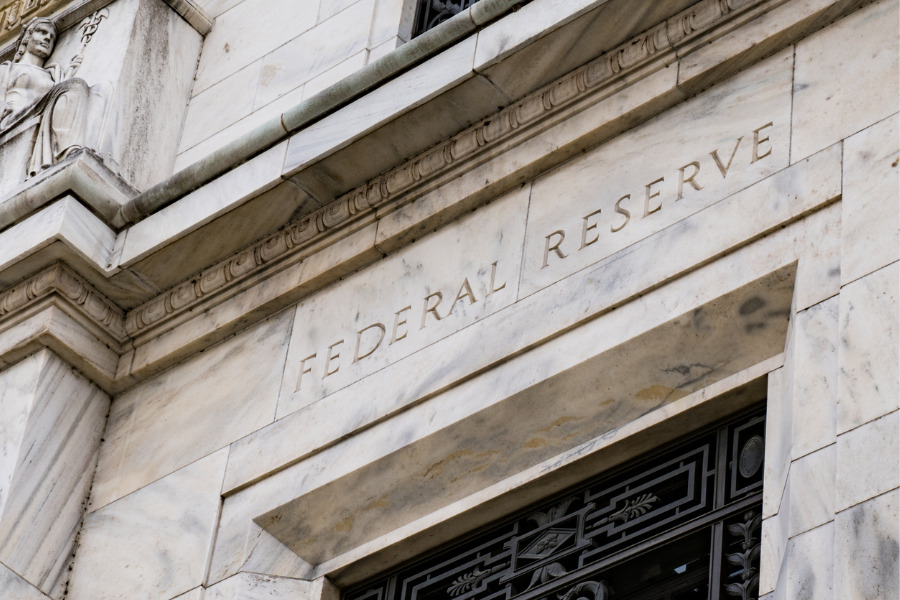

The Federal Reserve is on track to cut interest rates in June, according to Ellen Zentner, chief US economist at Morgan Stanley.
“It’s going to be more about inflation, if the Fed were to cut as early as May,” she told Bloomberg Television on Friday. “I think the bar is very high for them to go that soon though. But I do still expect them to be ready by June.”
Speaking from the European House-Ambrosetti meeting in Cernobbio, Italy, Zentner said that she believes that the market’s expectation of about three cuts this year “is in line with the Fed’s view.”
“We expect four cuts, we actually expect them to speed up cuts in the fourth quarter of the year, because we have inflation coming down faster at that point than the Fed,” she said. “I don’t think that the timing of when central banks globally are cutting is really going to be an issue.”
Speaking from the same event, Nouriel Roubini, chairman of Roubini Macro Associates, highlighted the reversal of markets now being less optimistic on rate cuts than the Fed itself.
“People in the markets are starting to think whether inflation could be higher,” he told Bloomberg Television.
That would be “either because we are in a no-landing zone for the US where growth could be higher than expected and inflation doesn’t fall as much, or in a situation where some of the geopolitical risks that now are being priced in — say energy prices — are going to have an impact on inflation,” he said.
Richard Koo, chief economist at the Nomura Research Institute, said he’s sure the Fed wants to cut rates as higher borrowing costs also mean a much bigger budget deficit.
“The central bank will really want to lower rates so it won’t have to pay so much interest on excess reserves,” he told Bloomberg Television. “A lot depends on where the economy is going. I don’t think we should be so deterministic by saying the Fed wants to cut interest rates and therefore it will.”

Preparing your clients to withstand the ups and downs of change – both external and internal – could be the key to unlocking their loyalty, trust, and confidence.

After leaving LPL in 2020, it hasn’t gone Cornick’s way at Osaic.

The finance professor and quant investing veteran believes with the right guardrails, artificial intelligence could be trusted to meet the high bar of fiduciary advice.

UBS has also regained some ground as it recruited an experienced Merrill advisor in New York.

The ex-Bay Area broker reportedly continued to peddle fake bond investments, promising rates of returns exceeding 20%, even after FINRA suspended his license in 2014.
Orion's Tom Wilson on delivering coordinated, high-touch service in a world where returns alone no longer set you apart.
Barely a decade old, registered index-linked annuities have quickly surged in popularity, thanks to their unique blend of protection and growth potential—an appealing option for investors looking to chart a steadier course through today's choppy market waters, says Myles Lambert, Brighthouse Financial.
